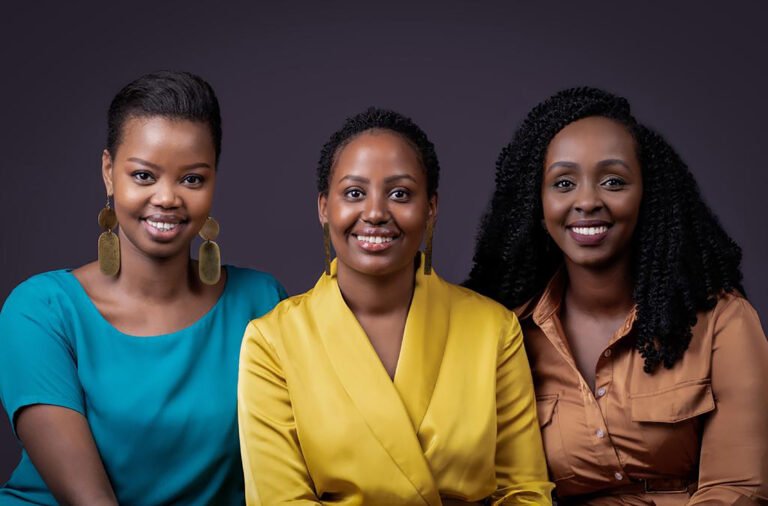Bold In Africa, a platform dedicated to African fashion designers



Founded in 2012 by Angel, Ngyenzi and Janet, three friends who are passionate about fashion, the Ugandan fashion distribution and promotion platform is a reference in the world of ready-to-wear made on the African continent. One of their mottos is that entrepreneurs should not lose sight of the fact that their business is bigger than themselves. Such spirit helps to always remain in a dynamic of work, passion for the activity, and constant improvement of the business model. Angel Nkwaya agreed to answer our questions, about his business and the future of her business, following the global COVID-19 pandemic.
Our initial dream was much smaller than it is today. We were friends with a common interest in fashion, that decided to open a boutique where we used to buy and resell secondhand clothing.
Over the years, we started to identify gaps in the market and grew more conscious of our impact on our community, specifically (Bold) Women and African-made products.
We have also expanded our product offering. We started off by selling clothing and accessories, we have since added a home decor and kids line.
It is an accurate description of the team behind the brand, the designers/artisans we have partnered with, and our clients – We are Bold Women that curate and sell Bold products that are Made in Africa.
40+ designers/artisans that collectively represent over 10 African countries.
Bold in Africa currently retails out of our physical store in Kampala, only. We also deliver within the city. Until we launch our online store, our clients are primarily residents and visitors of Kampala city.
Lockdown was challenging as it meant our main mode of trading was locked down. We were left with no choice but to redirect our efforts towards delivering within Kampala.
The lockdown highlighted weaknesses in our business model, specifically the need for an online store – if our clients cannot come to us, we need to be able to go to them.
But more than anything, lockdown showed us how resilient our business is. We are aware that many businesses haven’t survived the effects of Covid-19, we are grateful to still be in business today.
Bold in Africa has been very active on her various social media pages (@boldinafrica) since conception. This has been very helpful with attracting potential clients to our physical location. Advertising aside, we have mostly relied on manual and in-person systems.
We believe we have come to a point in our journey where we need to further digitize both for advertising and trading purposes. Watch this space, we are working on it.
Our determination to succeed has been our greatest asset, may we never lose it. It is the reason why we’re still in business today. Everything else will follow
Read the original article in french in K-World Magazine magazine page 48
Ce site utilise Akismet pour réduire les indésirables. En savoir plus sur la façon dont les données de vos commentaires sont traitées.

K-World est un magazine digital et bimestriel, de plus de 60 pages avec une trentaine d’articles et un dossier spécial. Tous les articles sont rédigés par des professionnels mais nous accordons une place particulière aux experts qui souhaitent contribuer sur des sujets spécifiques.
K-World Magazine est un outil d’aide à la décision économique. Nous produisons une information structurée et exploitable sur les chaînes de valeur africaines à fort potentiel. Chaque numéro fournit des analyses sectorielles, données économiques vérifiées, lectures industrielles et une cartographies d’opportunités.